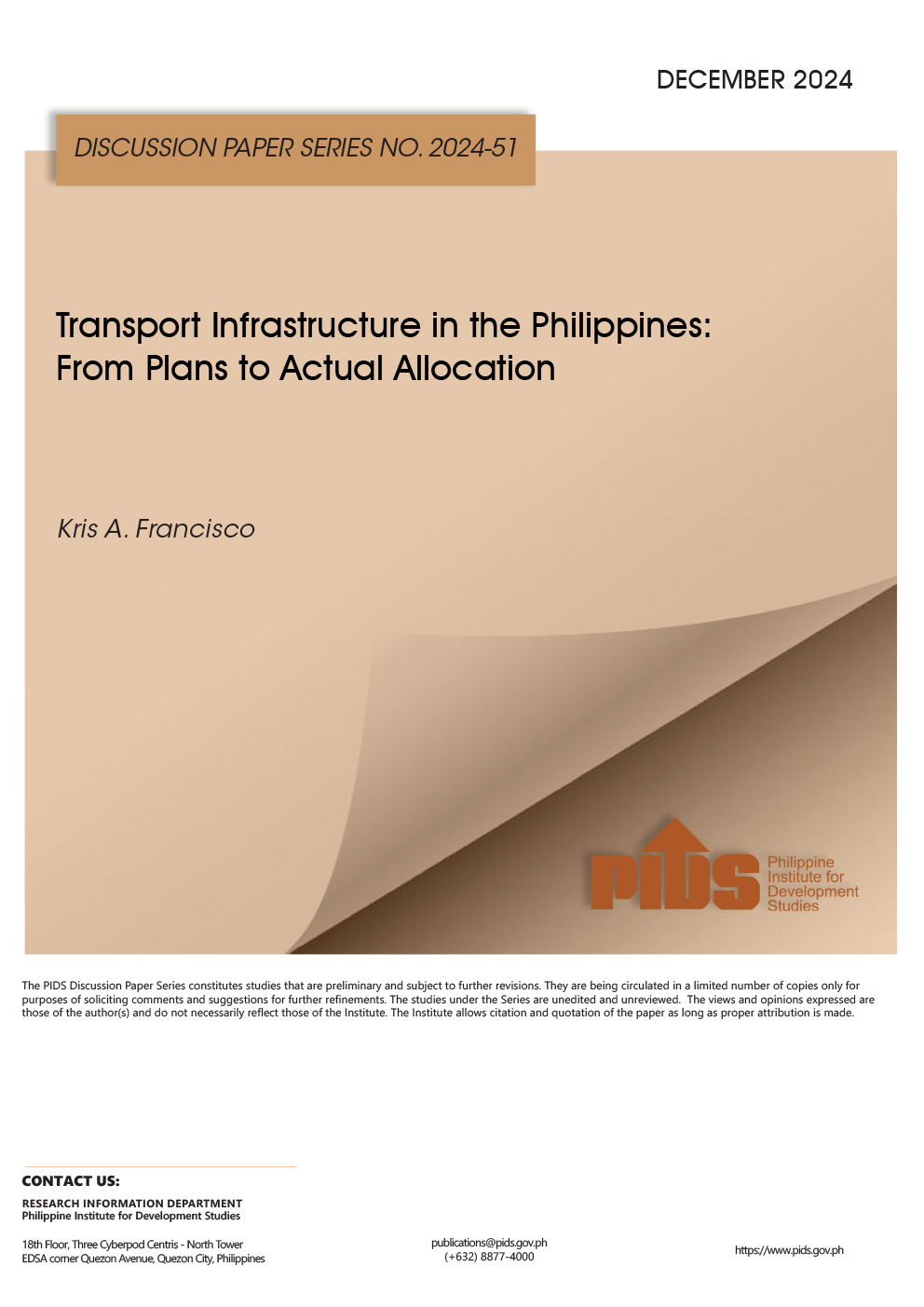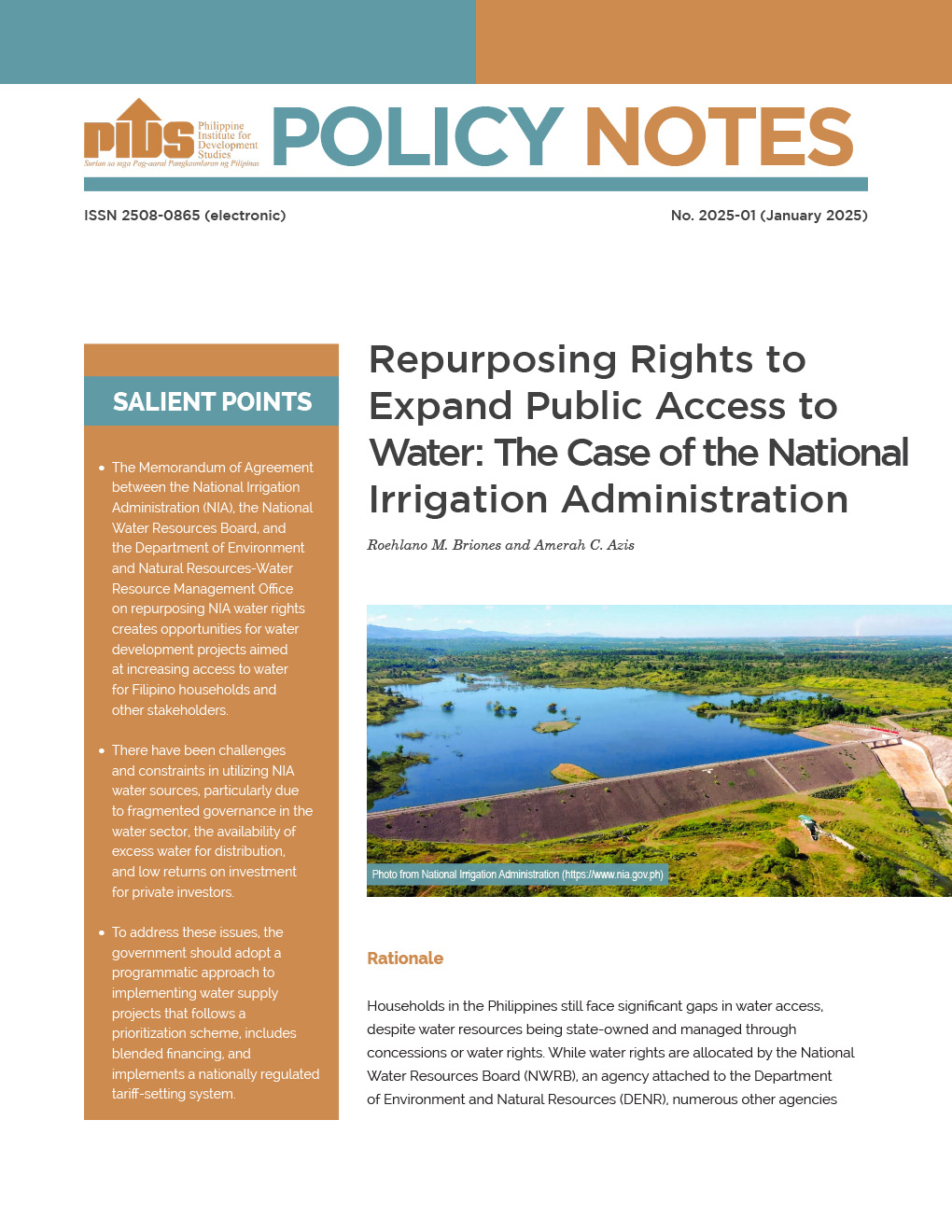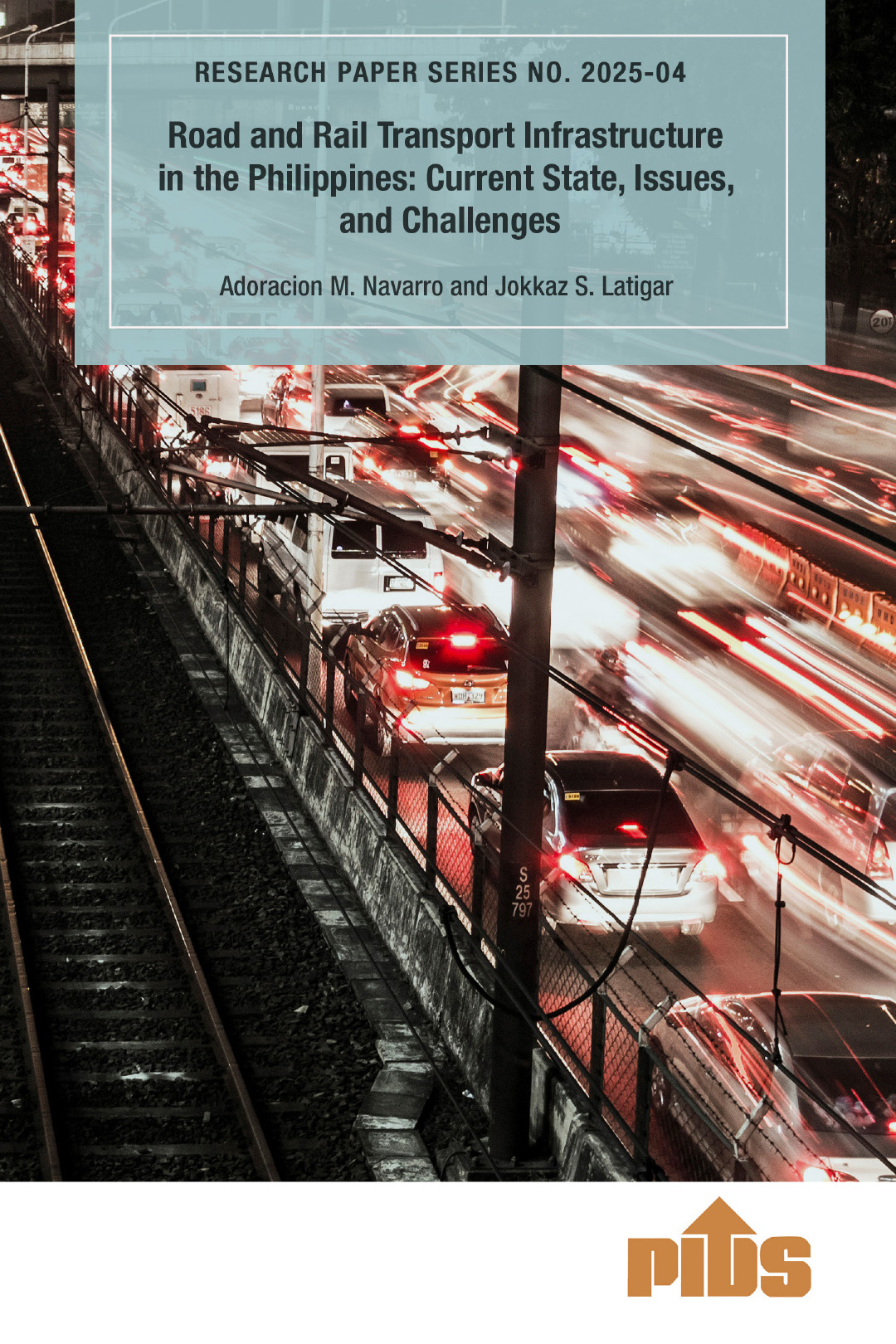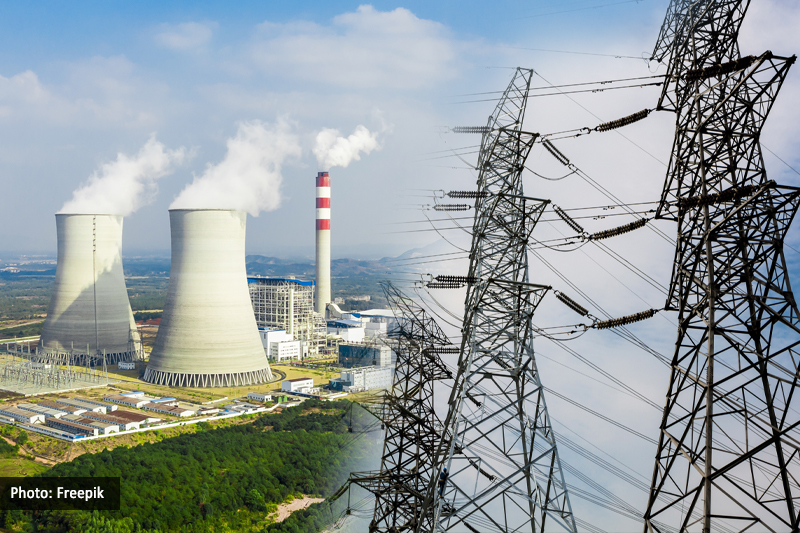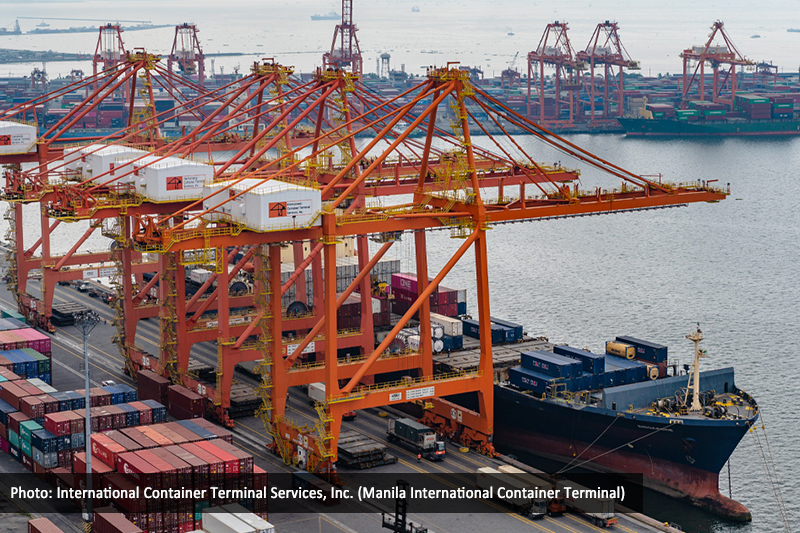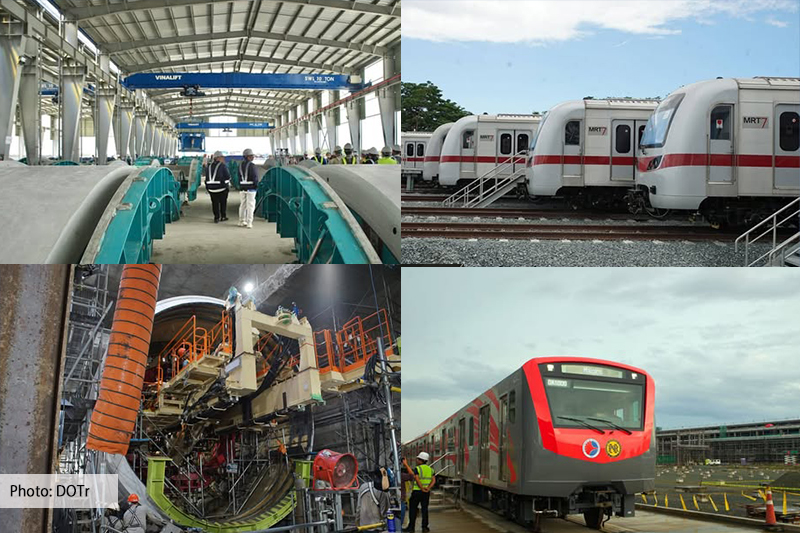An economic breakout is possible for the Philippines amid the momentum that has been built up over the past two years post-pandemic.
From a 5.6-percent growth in 2021, the economy surged to a 7.6 percent expansion last year, indicating that the economy may be catapulted to even higher growth by the end of the year.
Strong growth is being achieved against the backdrop of a global economy being weighed down by high prices and the recurring threat of widespread recession.
Asian economies are being relied on to provide the fuel that will jumpstart global commerce and the Philippines is expected to set the pace of development.
While the prospects have never been better for the local economy, the consequence would be higher electricity demand that would be far more than what had been previously expected.
The upsurge in electricity demand would require ramping up supply quickly and efficiently, which will be hobbled in turn by international commitments to cut down on carbon emissions precluding fossil fuel use.
Multiple problems beset the move towards renewable energy, including cost, unpredictability, and lack of policy support.
A limiting factor to growth is the lack of investments that unfortunately are being turned off by the cost of electricity in the Philippines, which is among the highest in the world.
The shift to nuclear power becomes imperative as this technology’s development may address the country’s problems on price, adequacy of supply, and meeting environmental covenants.
Resolving the power inefficiencies requires huge investments in infrastructure and alternative energy sources, experts said in a forum sponsored by the state think tank Philippine Institute for Development Studies.
Even though a policy for a nuclear program was put in place during the term of former President Rodrigo Duterte under Executive Order 164, being awaited by investors is the updating of laws and the ratification of international legal instruments before they plunge into nuclear energy projects.
The government may not be allowed to operate a nuclear facility nor revive the Bataan Nuclear Power Plant under the provisions of the Electric Power Industry Reform Act or EPIRA which limits the government to engaging in power generation only for missionary purposes.
Thus, putting the government back in the power generation business needs amending the law.
Experts at the forum said the country must address the energy problems squarely as a five-hour power outage inflicts about P556 million in economic losses.
Successful economies like Singapore will find unacceptable the level of reliability of electricity in the country.
The past few years saw the country logging power interruptions at an average of 10 days a year compared to Singapore’s one hour in 10 years.
As a rule of thumb, the experts said that to reduce the level of brownouts to one day a year, the required capacity addition must be at least 1.164 gigawatts to serve 250 hours a year.
Economic momentum depends on how quickly the problems are addressed, which makes nuclear technology imperative.
A classic dilemma is how generating companies or gencos cannot recover the cost from the Wholesale Electricity Spot Market as a result of a secondary price cap at P6,245 per kilowatt-hour.
Power producers are thus forced to agree to the market price even if they are operating at a loss, which will not be necessary for a nuclear facility that is not vulnerable to international price fluctuations.
Giving nuclear power a shot at being a contributor to the energy mix, thus, will ease business apprehension on supply and pricing that should open up the investment tap for the country.

